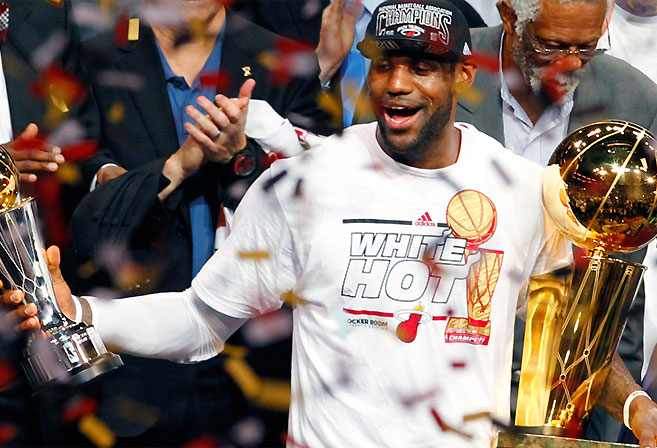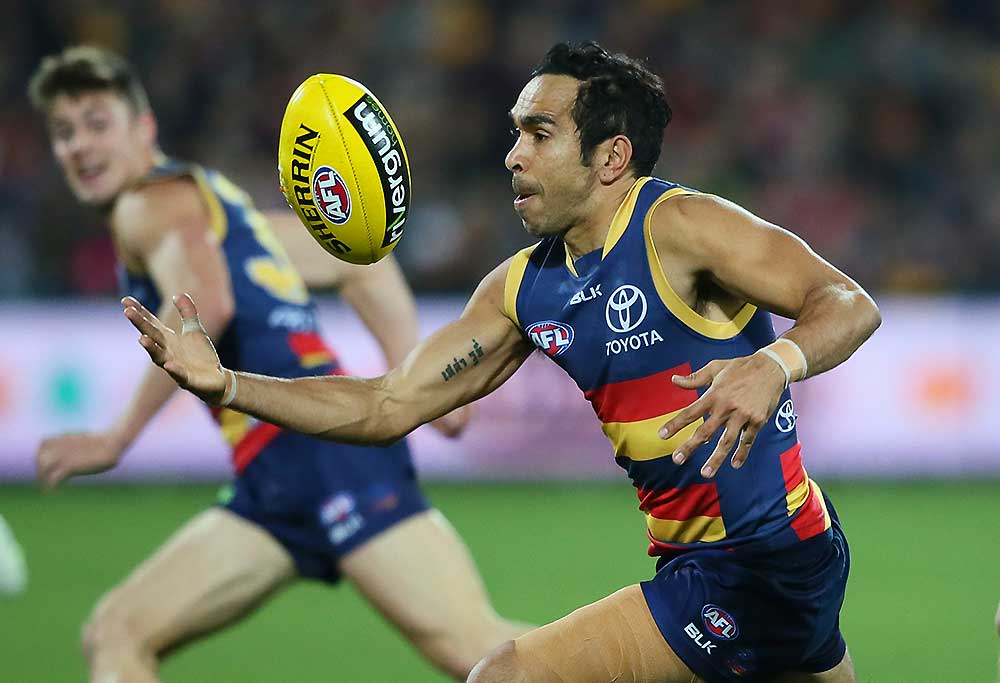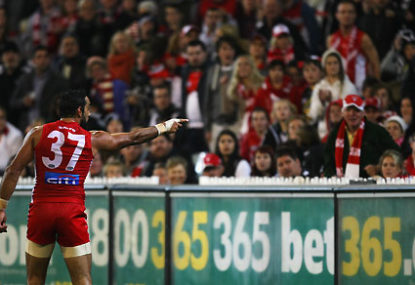Although I live and breathe Aussie Rules, I am an American citizen, and have lived my entire life in the western United States. It’s also relevant to this article to point out that I am beige in colour, and my ancestry is mostly from the British Isles, many centuries ago.
I am old enough to remember the tail end of the 1960s in America, and how race relations between “the sons of former slaves and the sons of former slave-owners,” as Martin Luther King Jr put it, evolved from fire hoses and the National Guard in place to integrate Deep South elementary schools into what in some places is still an uneasy détente.
Most of the nation, however, reached the point where if its citizens weren’t colour blind per se, they were at least colour-tolerant for the most part.
In 2008, we elected a black President. The major topic of that campaign was not his colour but his inexperience. However, his eloquence and his message of cooperation between rival factions saw him win against two good candidates from the opposition party, John McCain in 2008 and Mitt Romney in 2012.
We patted ourselves on the back that America had finally overcome its racist past. Our most popular singer was Beyonce, a black woman. Our most popular entertainment figure was Oprah Winfrey, a black woman. Our most popular sports figure was LeBron James, a black man.

(Image: NBA)
Then Donald Trump happened.
More to the point, then the significant percentage of white people who’d been swallowing their resentment of their loss of apparent dominance and privilege in American society found a candidate who spoke their language: it’s the fault of all those darker-skinned people. Mexicans. Muslims. The Chinese.
They’re taking your jobs, they’re stealing money you should be getting, they’re ruining American trade, they want to force you to follow their laws instead of ours. And while most intelligent US voters recognised the racist code words for what they were, there were enough voters in key states who heard the call that still filled their hearts, that no one else had dared say out loud, that legitimised their racist feelings.
So Donald Trump was elected President of the United States over an already weak opponent who was saddled by foreign influences with a fictional scandal. (Observers noted how quickly the cries to “lock her up!” stopped after Election Day; there was nothing there to lock her up for.)
That scandal, the racism bubbling under the surface, and (ironically) just a hint of sexism produced the upset; the fact that voters were in some cases ashamed to admit they were voting for an unsavoury candidate explained the surprise to the pollsters.
It turns out we are a racist nation after all. We just hid it well for a few years. As an American, I feel the need to apologise to Australia and to every other country in the world for electing an incompetent racist who knows almost literally nothing about world relations and may blow the world up before he realises nuclear weapons aren’t toys. Believe me, a great many of us are trying to rectify the situation.
But if you’d been to sporting events in my country, especially in certain parts of my country, you would have figured that out for yourself long before last fall’s election.
It showed up again on Monday night, at a Major League baseball game when Baltimore outfielder Adam Jones (who is black) was the target of “racial epithets”, including many shouts of what we euphemistically like to call “the N-word”, as if making it sound cute makes it more acceptable.
Jones also had a bag of peanuts hurled at him while he approached the dugout after an inning in the outfield.
Indigenous athletes in Australia would immediately recognise the aftermaths as well: reports of something like 60 arrests in the ballpark after the incident, followed by lots of official statements like “we have zero tolerance for this sort of thing”, other athletes telling about similar experiences in the same location (Boston, in this case), and calls for fill-in-the-blank-solution-du-jour (education, in-park conversations about race relations, advertising, and invoking the name of integration pioneer Jackie Robinson one more time).
Ironically, the Boston Red Sox has an all-black outfield, at least on occasion, featuring Chris Young, Mookie Betts, and Jackie Bradley. Boston fans don’t seem to mind them. Maybe they’re the ‘good ones’.
While most issues of racial conflict in the US happen in the south-east, where slavery was concentrated before its de jure elimination in 1865, there are other pockets like Boston where racial tolerance has been curiously low over the decades.
The Boston Celtics, perennial champs of the NBA in the 1950s and 1960s, featured black stars like KC Jones, Sam Jones, and the legendary Bill Russell, yet the fans favoured “scrappy” players like John Havlicek or Tommy Heinsohn, good players who happened to share their heritage… players they “connected to”.
Russell famously refused to return to Boston after his retirement for decades because of the way he felt the city treated him.
When I read stories about Eddie Betts or Patrick Ryder being marginalised by idiot fans at an AFL game, I can’t help but reflect on the similar shortcomings of my own nation.

(AAP Image/Ben Macmahon)
For every “King Kong” comment by an Eddie McGuire, we had Howard Cosell exclaiming “Look at that monkey run!”
For every Allan McAlister saying (after Nicky Winmar’s shirt-raising declaration) that “Aboriginal players were welcome at the (Collingwood) club provided that they behave like white people,” there’s an Adolph Rupp, legendary coach of the Kentucky Wildcats men’s basketball team, declaring there wasn’t any team with black players on their roster that could beat his, implying that blacks weren’t smart enough.
And somehow, they weren’t smart enough to play quarterback in the NFL, either. My personal favourite tale along those lines was an idiot reporter asking Doug Williams, the first black man to quarterback a Super Bowl team, “How long have you been a black quarterback?” Williams’ quick-witted answer? “All my life.”
For every Adam Goodes who draws fire for his assertive stance in defence of his beliefs on race relations, we have a Colin Kaepernick who suffered the consequences of a league which doesn’t want to touch the controversy, mostly because, frankly, Kaepernick isn’t as talented a player as Goodes was.
And obviously it isn’t confined to our two countries – an English Premier League referee using epithets against Chelsea players in 2012, a protest by black players the same year against English captain John Terry for similar name-calling of another player. Head to Wikipedia and look up “Racism in association football”, and you’ll find samples from literally dozens of countries, seemingly every nation that plays the sport.
But sport is simply a mirror of society. The discrimination and hatred you see inside the stadium is only the tip of the iceberg of the sin-filled culture we live in. But it’s the tip of the iceberg that warns us to avoid the trouble that the rest of it causes.
When a target of racism has an identifiable face, as often happens in sport – especially when it’s a player as well-liked as Eddie Betts – it provides a target for our emotional response, a motivation to do something about the problem.
It’s much easier for us to care about Betts and Ryder than it is the thousands of faceless, nameless indigenous who undoubtedly deal with far worse hatred in Australia every day. It’s much easier for us to care about Adam Jones than it is the thousands of faceless, nameless blacks who I guarantee deal with far worse than some epithets at their jobs.
So, while you’re motivated, do something. The easiest thing is to simply set a good example. No preparation needed, no money required. Live the Golden Rule, and love your neighbour as you love yourself.
In this rapidly shrinking world, where an old man from Idaho in the US can scribble his thoughts in an Australian website, everyone is your neighbour.































































































